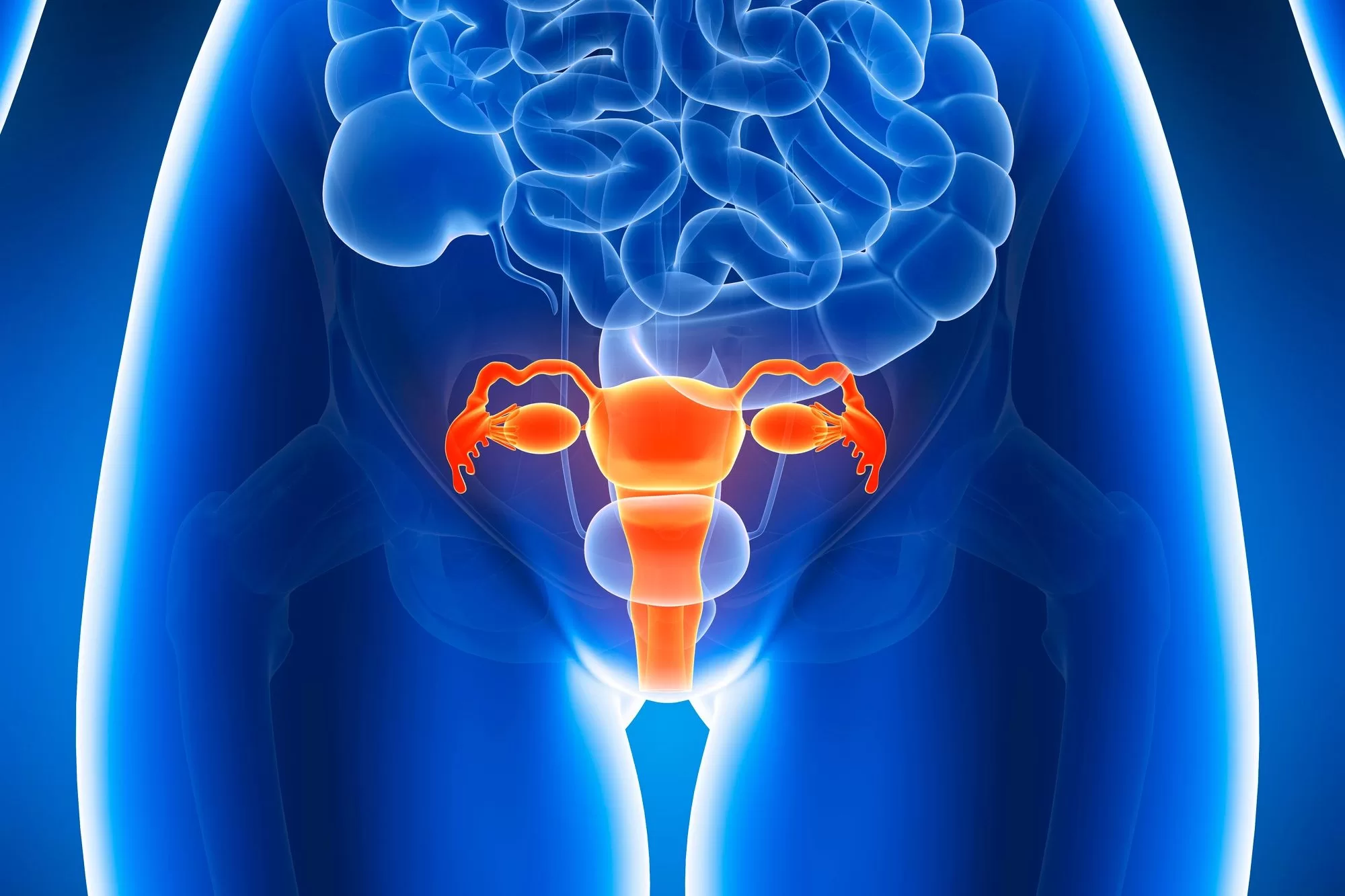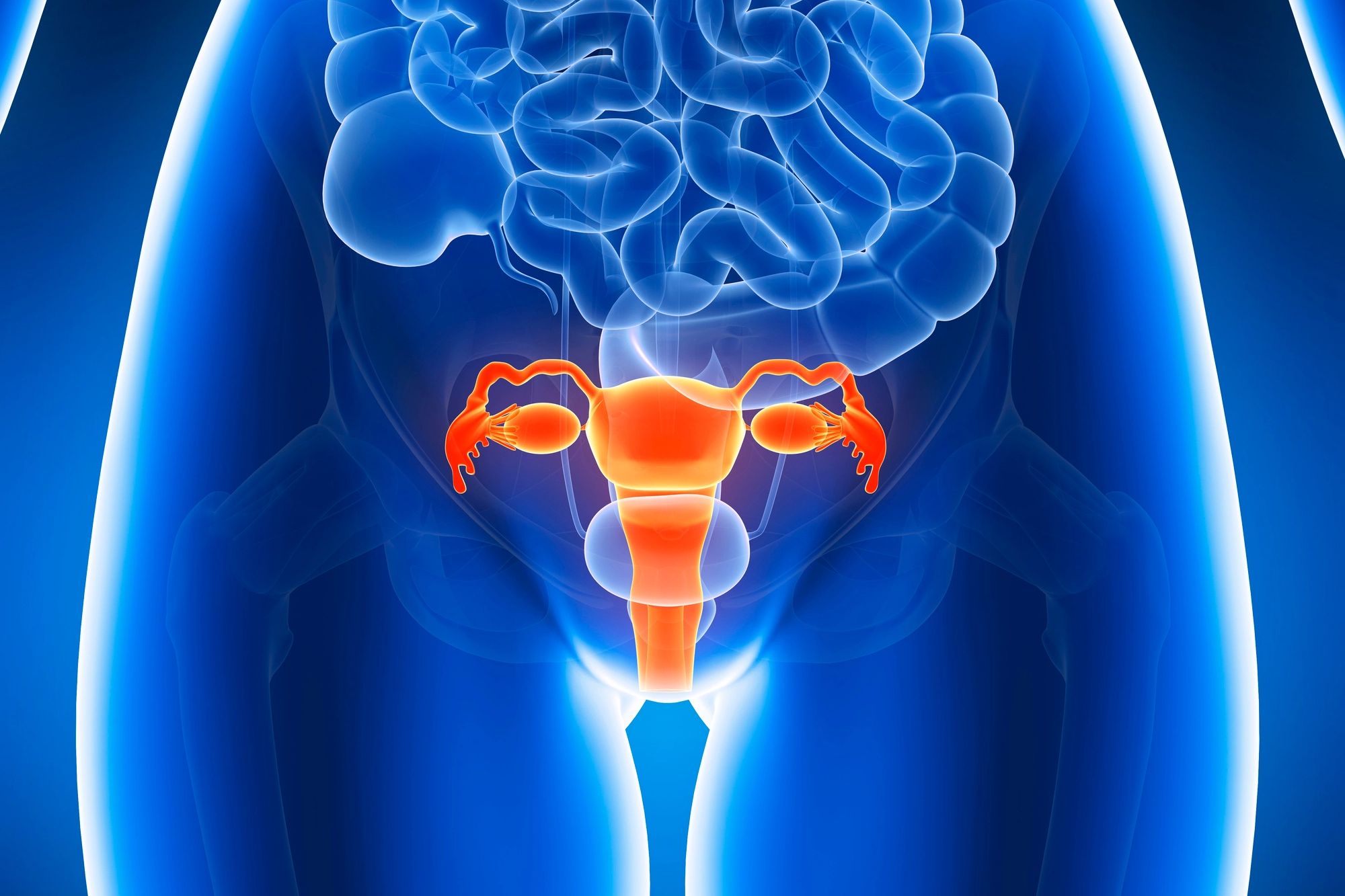It’s now emerged that up to 150,000 women may have have been wrongly excluded from the cervical cancer screening programme.
The NHS sends letter invites for cervix health checks to people aged 25 to 64, to identify any changes that could develop into cancer.
A coding error dating back nearly 30 years to 1997 meant that women in Scotland who’d undergone a partial hysterectomy weren’t called forward to get the vital health check.
Though a total hysterectomy involves removing the uterus and cervix, patients who didn’t have their cervix removed were wrongly logged as total hysterectomies, meaning they were’t included in the cervical cancer screening programme.
Scottish health authorities contacted 1,500 women in 2021 when mistake was first identified in 2021 and a further 13,000 in April last year.
Read more on cervical cancer
Now, a further 150,000 patients are due to be invited for cervical cancer screening following an audit, the Sunday Post reported.
It said the fresh round of checks had already uncovered one woman with cancer.
Meanwhile, the Scottish government said the latest audit into the matter had been carried out due to “an abundance of caution”.
A spokesperson said: “In 2021, the records of around 1,500 individuals who were thought to have had subtotal hysterectomies and were at the highest risk of being excluded incorrectly were audited – 358 individuals were found to have been incorrectly excluded.
“All those who required further screening or investigation were contacted.
“A wider audit is being conducted out of an abundance of caution. The number of records and the time period they cover makes the audit an extremely complex process.
“One further case of cancer has been identified through the audit although the overwhelming majority of exclusions have been found to be correct, and the risk to the minority of women who may require further investigation remains extremely low.
“Whilst individual health boards continue to audit patient records, it is not possible to say at this stage how many women across Scotland have been screened.”
The Sunday Post said women receiving smear test invites after being excluded from the programme now feared the worst.
Sisters Rachel Cannon, 61, and Lindsay Colman, 56, from Bathgate in West Lothian, saw their aunt and mum develop cervical cancer and both received letters in the last few days.
Rachel had a hysterectomy a decade ago and said she was “shocked to the core” by the possibility that she might have unknowingly been living cancer.
Lindsay also underwent the procedure and said: “Now I feel physically sick, worrying I was not told the truth 11 years ago and perhaps they left my cervix or any cervical tissue.
She urged everyone receiving an invite to go get screened as “it could save your life”.
Cancer Research UK criticised the programme recalling who didn’t receive screening invites as too slow.
The charity‘s director of evidence and implementation, Naser Turbai, told the Sunday Post: “Cervical screening is an effective way of preventing cancer deaths, so the Scottish Government needs to urgently ensure that further unnecessary harm is avoided.
“Screening relies on there being an accurate, up-to-date list of those who are eligible, so invitations can be sent to the right person at the right time. It plays a key role in preventing cancer, by picking up signs of early cell changes in the cervix.”
He added that the screening programme is targeted towards people who haven’t started displaying symptoms of cervical cancer.
“If you have noticed any symptoms that are unusual for you, such as bleeding between periods or after the menopause or changes in your discharge, get in touch with your GP,” Naser added.
Dame Jackie Baillie, the Scottish Labour deputy leader, said: “It is simply shocking that women are still finding out they have been overlooked for cervical cancer screening years after the scandal became public.
“The women involved have been badly failed. We cannot allow the neglect of women’s health to continue.”
Sun Health has contacted the Scottish government for comment.
NHS chiefs have called on parents to get their teens vaccinated with the HPV jab to drive down cases of cervical cancer.
And mum-of-three Kerry Pugh, 48, passed away of the disease two years after doctors wrongly said her screening test was normal.
Symptoms of cervical cancer
Cervical cancer is a cancer that’s found anywhere in the cervix, which is the opening between the vagina and the womb (uterus).
Nearly all cervical cancers are caused by an infection from certain types of human papillomavirus (HPV) – but they can often be prevented by attending a cervical screening.
Symptoms include:
- Vaginal bleeding that’s unusual for you, including during or after sex, between your periods or after the menopause – you might also have heavier periods than usual
- Changes to your vaginal discharge
- Pain during sex
- Pain in your lower back, between your hip bones (pelvis), or in your lower tummy

